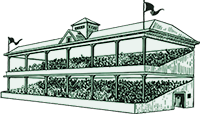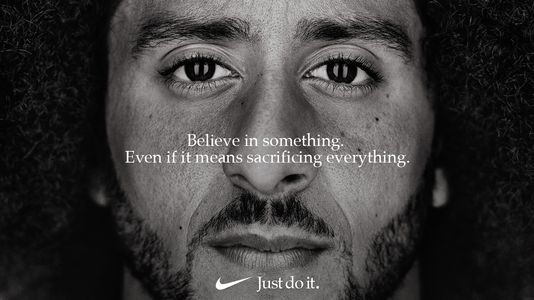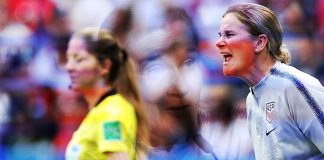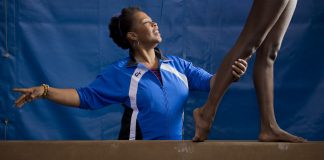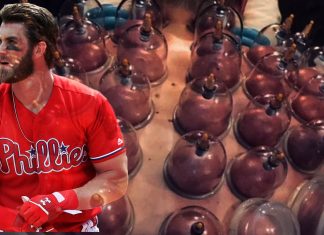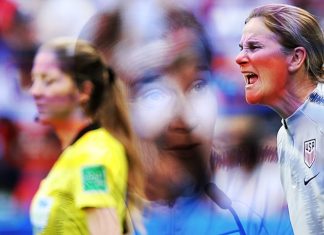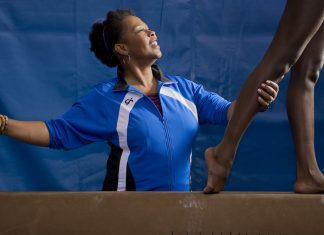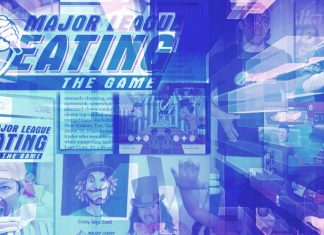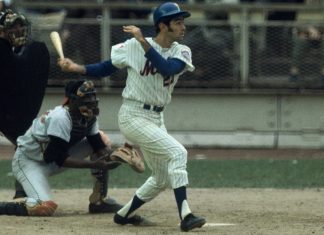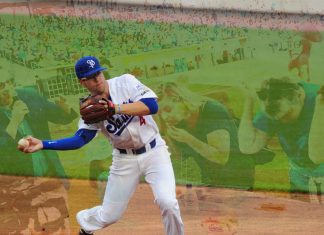The NBA Draft hasn’t changed much lately. Ever since the league decided to condense it down to just two rounds back in ‘89, it’s operated in essentially the same manner. (At one point, the draft had north of 20 rounds, which based on how long today’s televised draft takes, means a 20-round draft would last roughly all summer.) While the draft’s format has been the same for nearly three decades, the process of scouting prospects for it has evolved dramatically.
Today’s pre-draft prep goes far beyond watching college film or travelling to exotic locales for preseason college tournaments or international showcases. Those practices still exist, but there’s much more that teams consider in their draft equation in 2018. And the teams that are on the cutting-edge of these draft evaluation processes are the teams that are consistently unearthing the draft’s hidden gems. Scouting has turned into an arms race of sorts, with teams utilising any process or system they can find to give them an edge.
Just ask the Toronto Raptors, who entered a groundbreaking partnership with IBM, tasking Watson with spitting-out data-driven player analysis. While the Raptors are currently knee-deep in player and prospect analysis, the biggest change to player scouting — brain-training— could upend the entire evaluation process.
On Cognitive Analysis And Training As A Tool For Player Evaluation
Cognitive training is the belief that cognitive abilities can be maintained or improved by brain exercise. Or, put more simply, “brain games”.
Teams are constantly looking for the next big breakthrough in player evaluation so that they can gain a first-mover advantage before other organizations catch-up. Baseball fans can look no further than the Moneyball revolution of the early 2000s that centered around on-base percentage, to the Tampa Bay Rays’ realization that the Oakland Athletics-led Moneyball approach may have led to an undervaluing of defense and speed (among other things), which was chronicled in Jonah Keri’s The Extra 2%. Now, it’s forecasting pitcher injuries.
In the NBA, one of the more recent examples in technological advancement is SportVU tracking. While this was confined to current NBA games and not initially used as a draft evaluation tool, there were four teams on the forefront that had the technology that tracked player and ball positioning: Houston, Dallas, Oklahoma City, and San Antonio — and yes, you’ll recognize those clubs as four of the most forward-thinking franchises in all of sports.
Naturally, the next step involves brain-training. Can we find out everything there is to know about how a player performs under stress, or how they process certain situations? After all, not every NBA prospect has had the opportunity to perform on the biggest stage in the NCAA tournament or had the chance to take a contested, potentially game-winning shot against a rival. Creating such a situation and measuring a prospect’s cognitive ability and exploring how they might respond to “brain-training” just might be on tap.
The early stages of such evaluation have been underway for at least four years, as noted by Taylor Bloom of SportTechie. The trade show at the aforementioned MIT Sloan Sports Analytics Conference is a hotbed for such technological breakthroughs, and while the company Prophecy Sciences was able to measure physiological reactions to a video game, the company’s CEO admitted that “there is currently no good way to make concrete measurements” when it comes to pressure-packed situations. Instead, they are working to “quantify the behaviors and biosignals that actually matter for predicting athletic performance.” The company’s goal, of course, is to flip that on its head and reach a point where the technology has clear predictive capabilities.
It seems clear that this is where we’re headed when it comes to evaluating prospects, and it surely won’t be limited to basketball. An example given by Dr. Jocelyn Faubert, author of Perceptual-Cognitive Training of Athletes, discusses multiple object tracking. For instance, on defense, players who are able to track their man, the ball, and a cutter will be more valuable than players who cannot. Additionally, can a player improve their skill when it comes to multiple object tracking? Dr. Faubert seems to think this is possible, but each player will no doubt display characteristics showing how responsive they might be to such training.
Now that it appears to be a foregone conclusion that the technology will get to where it needs to be, the next question revolves around the implementation. So far, plenty of studies have been completed that affirm what we already know: athletes are elite when it comes to “rapidly learning” complex scenes and information.
So what’s next?
The Toronto Raptors are already deploying IBM’s Watson technology to analyze everything about their player acquisition process, and while it is more of a data aggregator that spits out answers when it comes to what skill, personality, or type of player the Raptors are missing, it’s a clear step towards actually cooperating with players to mine the most accurate data possible.
While teams could utilize cognitive training in their own facilities and improve the cognitive abilities of their own players (surely, this is the next step for the Raptors), will we ever get to a point where draft prospects and their agents will consent to such an exercise? Especially in the early stages of the development of the technology, it will surely be impossible to get any draftable prospects to sign up to play a video game that could help determine their ultimate career fate.
But it isn’t all that far-fetched; after all, the best prospects won’t compete at the combine or in individual workouts if they don’t think that they have to do it. It’s easy to imagine a world in which those who are not locks to be an NBA lottery selection are willing to try their hand at cognitive testing to enhance their chances at a larger payday, or perhaps a guaranteed contract. Besides, if cognitive testing looks and feels just like a video game, will it really be that intimidating for prospects who grew up on them?
Perhaps the trailblazer will need to be a fringe prospect, someone who isn’t afraid of ending up in the G-League and can be convinced that a high-scoring mark in some sort of cognitive testing will help give them an edge over a prospect with more unknowns.
At the end of the day, isn’t that exactly what teams are aiming for: reducing the number of unknowns surrounding a given prospect? That’s why NBA front offices do extensive background checks and talk to college and even high school coaches, teammates, and acquaintances. Why wouldn’t they want yet another tool to chip away at the fear of the unknown and live in a world in which they learn everything they possibly can know?